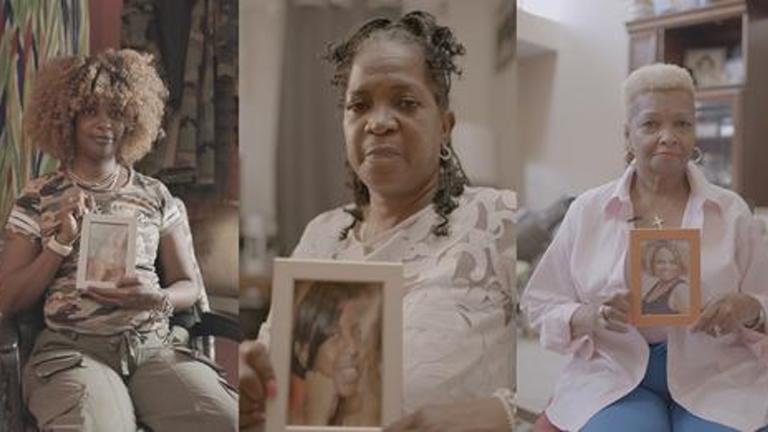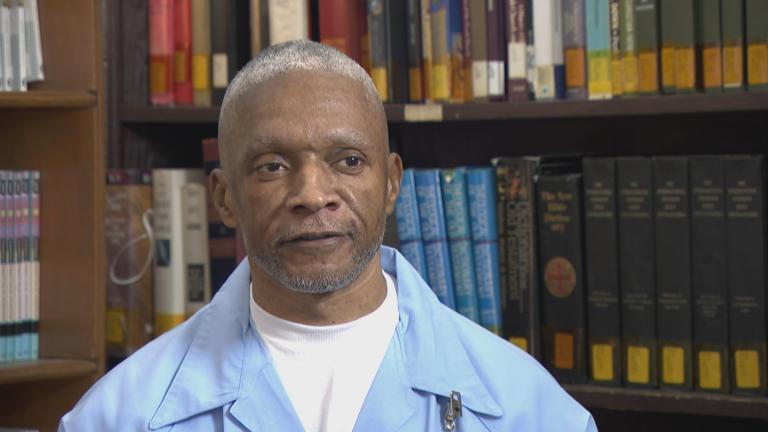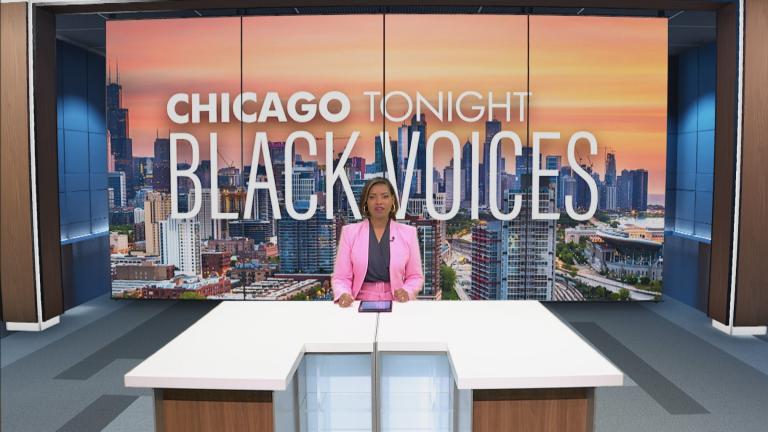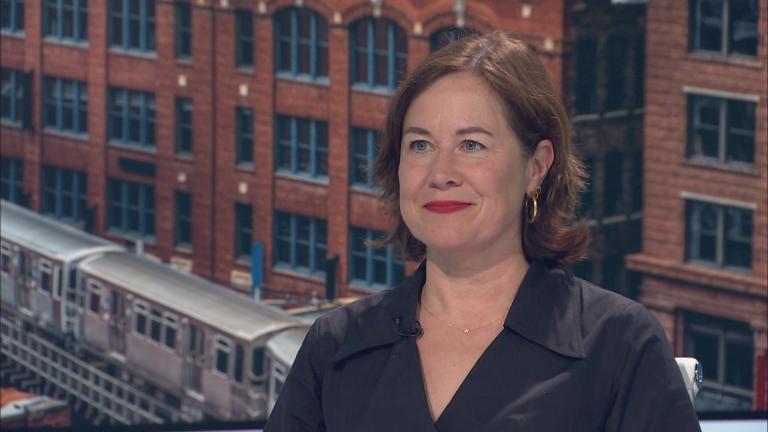Students at private schools across Illinois are at risk of losing their scholarships if state lawmakers don’t extend the Invest in Kids Act, which is slated to end Dec. 31.
The law gives tax credits to residents who make authorized contributions to scholarship granting organizations.
Those contributions, in turn, provide scholarships for low-income families to attend qualified, non-public schools.
Shaka Rawls, principal of Leo High School, a private all-male Catholic school in Auburn Gresham, said through this program, he’s seen growth in the number of students his school has been able to serve.
“It’s helped their families out financially, and we’ve also been able to expand programming inside of our schools, expand mental health services, expand after-school offerings,” Rawls said.
Veto session, which will start late this month and again in early November, will give lawmakers one last chance at extending the program.
“We have about 37 students who are receiving a scholarship right now and unfortunately those 37 students will be forced to bear the tuition (if it doesn’t get extended),” Rawls said.
Zion Cornell-Strickland is a senior at Leo High School, and he’s in his fourth year under the tax credit scholarship program.
“It’s allowed me to go to a great school and be able to do the things that I wish to achieve in life,” Cornell-Strickland said. “It also lessened the burden that my mom has had to go through with the payment because I still remember the day she was excited, she was like, ‘Oh, you got the scholarship!’ I’ll be honest, I didn’t really know what it was, but I was excited because she was happy.”
Of the students who received 2021-22 scholarships to attend private school, about 57% were White, almost 30% Latino, and just under 18% were Black, according to Chalkbeat Chicago.
Meanwhile, Jitu Brown, national director of the Journey for Justice Alliance and a Chicago Public Schools parent, said he believes the program does not address the inequity that exists in public education, and in turn, doesn’t truly give parents more of a “choice.”
“When you don’t have an equitable school system, you don’t have choice,” Brown said. “You don’t have the choice of a world-class neighborhood school with a safe walking distance from your home, like other folks have in their communities. … You have the illusion of choice.”
Aisha Noble, a parent of a Chicago Public Schools student, said “using this program to solve inequities in education is not going to happen here.”
“My concern is that we’re on the precipice as far as budgets are concerned at CPS,” Noble said. “There’s a budget shortfall of $600 million. The voucher program is siphoning approximately what we anticipate to be $75 million to further exacerbate an already distressed system and allowing those funds to be funneled to private schools that don’t have to accommodate English language learners or kids with special needs.”








